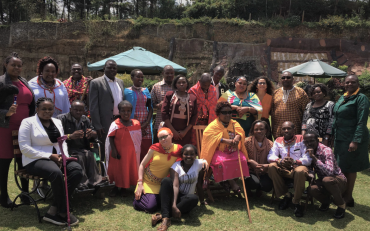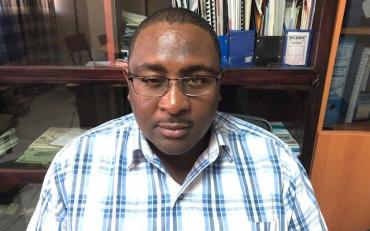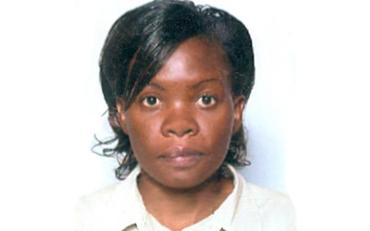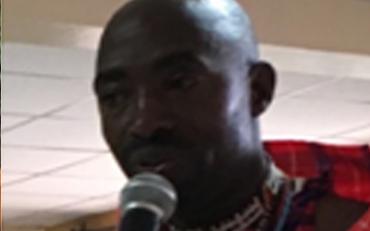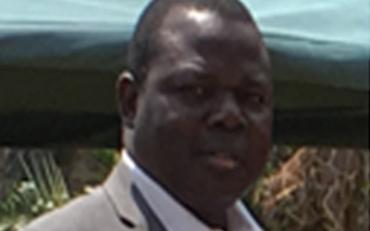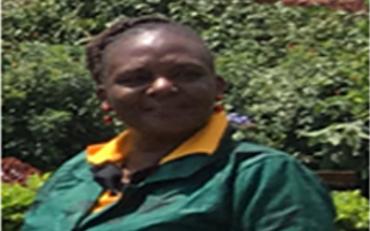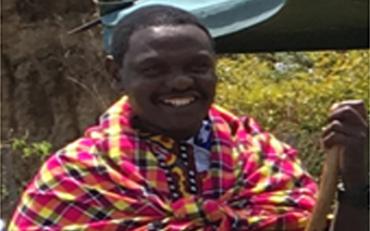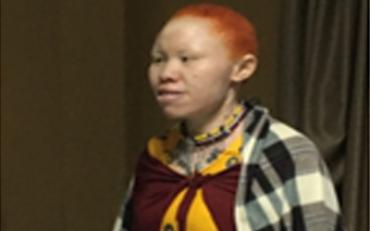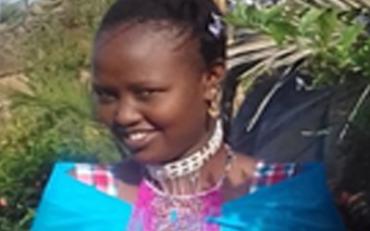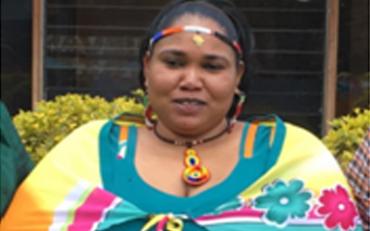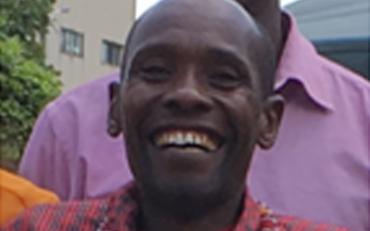From the 20th to the 23rd August, the Indigenous Persons with Disabilities Global Network (IPWDGN), the Narok South Disability Network and the International Disability Alliance (IDA) held a Workshop on ensuring the rights of indigenous persons with disabilities in line with the UN CRPD, in connection with the UN Declaration on the Rights of Indigenous People (DRIP) and the Agenda 2030, with support from the Disability Rights Advocacy Fund (DRAF) and MFA Finland.
>> Read more about the technical workshop on indigenous persons with disabilities
>> Read other Testimonials
